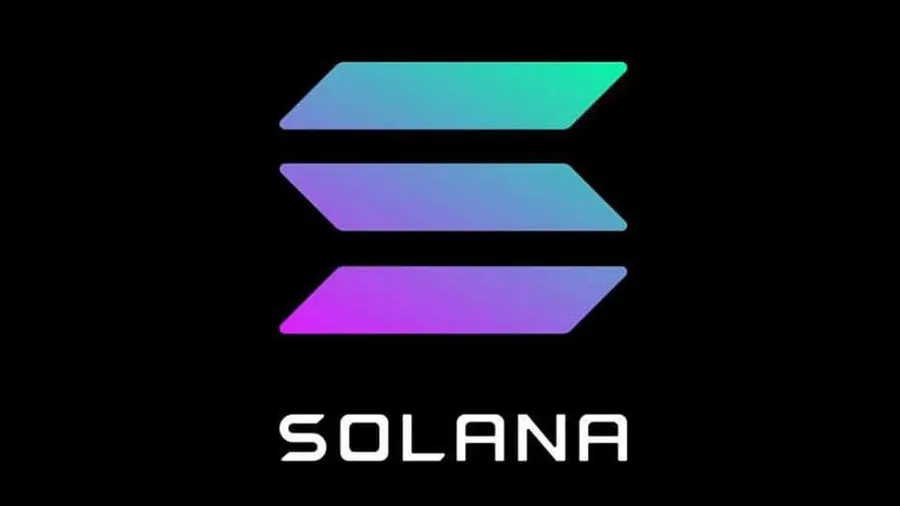ARTICLE AD BOX

- HECO Network will officially retire on January 15, 2025, with HRC20 assets converted into HTX for eligible users.
- Users must deposit HRC20 assets by January 10, 2025, to exchange them for HTX during the network’s retirement process.
Huobi’s Layer 1 blockchain, HECO Network, has announced that it would officially retire on January 15, 2025, marking the end of its operations since December 10, 2020. This choice fits into a larger restructuring scheme Huobi has in place. Users of HRC20 assets on the HECO Network should especially act quickly to guarantee a seamless transition.
Heco Network: User Actions for a Seamless Transition
The network has provided particular actions for users to help this process. Among the assets qualified for conversion are HRC20 iterations of key tokens including ETH, TUSD, LINK, USDC, UNI, SHIB, HBTC, and USDT.
By January 10, 2025, users have to deposit these assets into approved locations supplied by HecoDAO’s official website. It is imperative that holders follow the schedule since any assets left out of reach by this date will not be qualified for conversion.
These assets will be turned into points depending on their market worth if submitted as of November 10, 2024. For instance, one USDT will be worth one point. These points will thereafter be connected to the wallet addresses connected to the HECO accounts of the users.
The changeover procedure emphasizes a methodical approach to protecting user money while the network is getting ready for a final closure.
After all the points have been gathered, the overall total will be traded for HTX, the token included in Huobi’s larger ecosystem. The exchange ratio has been decided at up to 200,000 HTX per point. HTX token distribution is set to start on January 15, 2025, exactly at the HECO Network’s retiring date.
Twelve independent batches of the distribution procedure will guarantee a fair and ordered approach. Using wallet addresses given during the point of sale process, users will get their HTX tokens over the TRON blockchain.
.png)
 2 hours ago
1
2 hours ago
1








 English (US)
English (US)